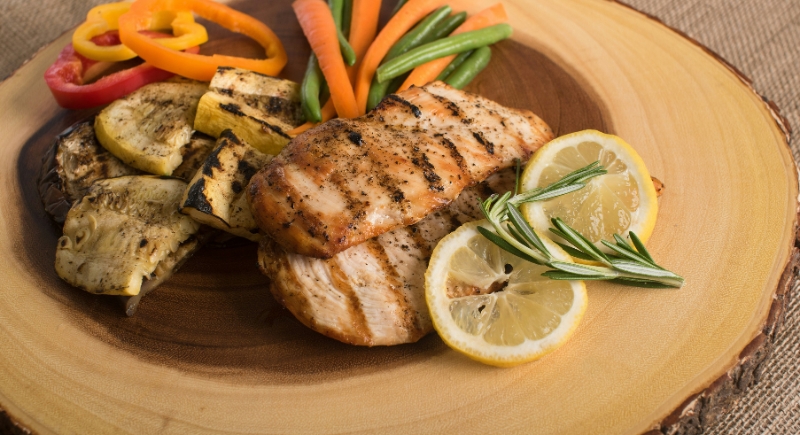Think You’re Eating Healthy? These Big Mistakes Say Otherwise
Many people make great efforts to adopt healthy eating habits, only to watch progress slip away for reasons they never considered. Habits that seem harmless can work against every plan. Certain foods are labeled as good, others are ignored, and rules become more rigid than helpful. There is a smarter way to approach this, and it begins by noticing what undermines well‑meant choices.
Below are mistakes that appear repeatedly and how to avoid them without overhauling life or making the kitchen feel like a lab.
Protein Pushed Aside

Image via Unsplash/Mark DeYoung
Protein gets lost when focus turns only to vegetables or grains. A person who weighs 200 pounds needs around 72 grams a day at a minimum, according to the National Institutes of Health, and more if they work out or lead an active routine. Without that support, muscles shrink, nails thin out, and energy drops. Swapping a turkey sandwich for a salad without adding beans, eggs, or grilled chicken lowers protein to almost nothing. Building a meal around lean meat, fish, eggs, or plant‑based proteins keeps the body strong instead of constantly hungry.
Skipping Meals as a Quick Fix
Many people eat nothing until late afternoon, thinking it cuts calories, but the opposite often happens. Hunger builds, and the next plate becomes a pile of random snacks or oversized portions. A balanced breakfast of eggs and toast or yogurt with berries sets the tone and prevents a crash later. Eating every few hours with some form of protein keeps energy steady and cuts down late‑night food runs that feel uncontrollable.
Forgetting About Water
Thirst often shows up as hunger. Walking through the day dehydrated leads to sluggish thoughts and poor digestion. The American Council on Exercise recommends about half an ounce of water per pound of body weight, more if sweat is heavy. Having a large reusable bottle on hand eliminates excuses and makes it easier to stay on track. The color of urine is an easy gauge—pale yellow means intake is on point.
Skipping Prep Work
The best plan fails in a busy week without meals ready to grab. Prepping lean protein, washing vegetables, or portioning snacks on a Sunday gives structure to the week. Having containers ready makes it easy to pass by drive‑throughs. A little planning avoids skipping meals and losing track of nutrition goals,